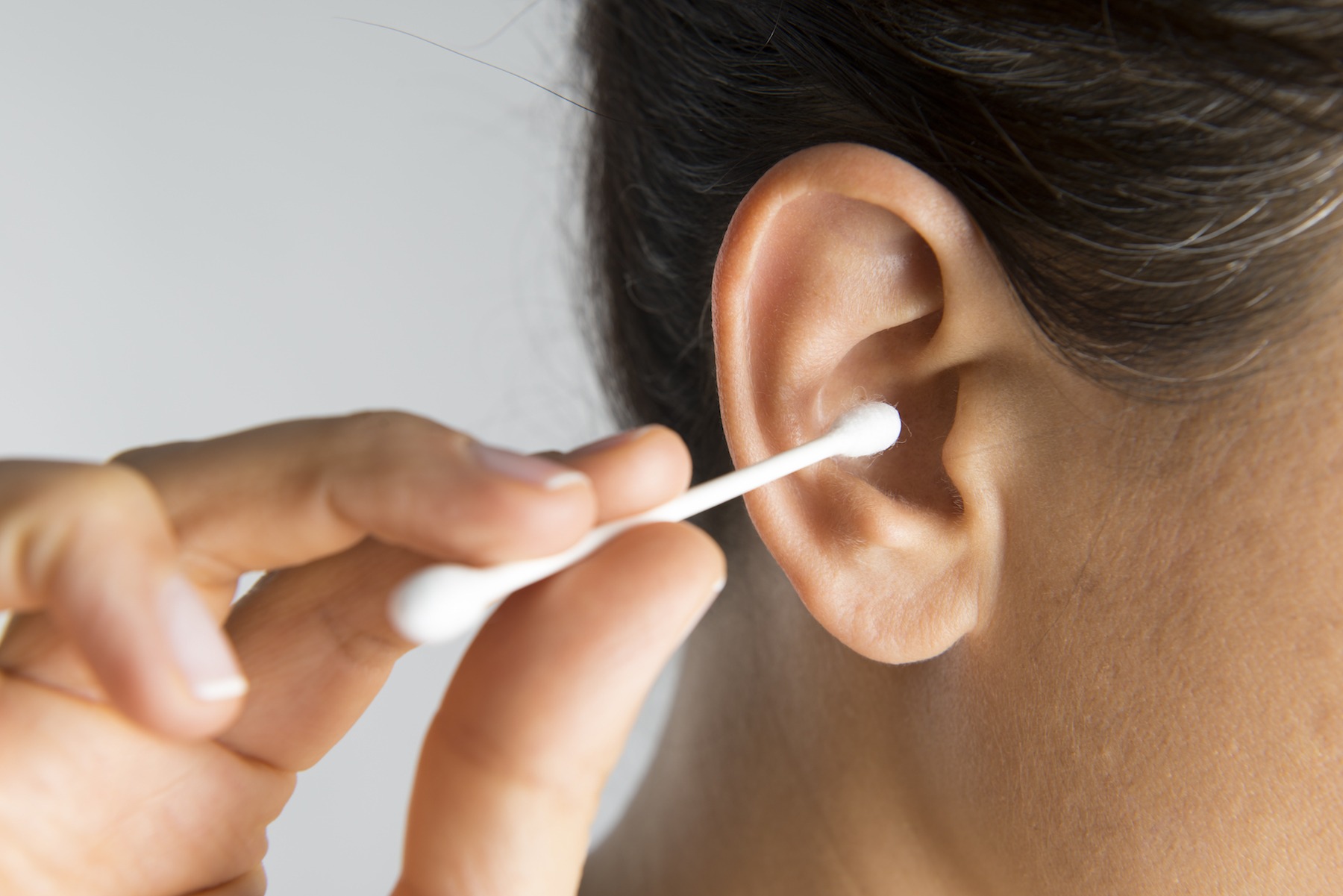

Have you ever thought about what happens once sound enters your ears? Just as the brain interprets the images your eyes see, the brain is also responsible for interpreting the sound your ears collect. What happens when sounds enter your ears? Your brain interprets the sounds yourĮars collect. So, in honor of hearing enthusiasts everywhere, here are five things you may not know about how your hearing works. In fact, the way we hear is a fascinating and, sometimes mysterious, process. Our brain is processing the sounds our auditory system collects as automatically as we inhale and exhale.

Truth be told, much of your hearing is on autopilot. Beyond the likely suspects of people talking or the volume of the television, what’s going on in the background? Can you hear traffic? Is the neighbor’s dog barking? Are any of your appliances humming along? It also has more exercises, including music theory practice like building chords on the staff and sight reading note names.Stop for a moment and notice what you hear. If you are a teacher who would like to use these techniques and exercises with your students, you may be interested the teacher version of this site, which lets you assign exercises to your students and track their progress. You can start with the melody and then try to figure out the chords, or you can start with the chords and then try to figure out the melody. Pick your favorite songs and figure them out on your instrument. The "hear descending to root" and "hear ascending to root" buttons on that exercise let you verify what you sang. Try singing up from the root note to any given scale degree and down from a scale degree to the root note. It is especially useful for the scale degrees exercise (also known as "functional ear training").

The exercises on this site all involve identifying notes rather than generating them, but that doesn't mean you shouldn't sing along with them. Are you not practicing often enough? Did you increase difficulty too quickly? It can also help you notice when you're plateauing so that you can look for the cause. If you can see your improvement, this will encourage you to keep going. This lets you know for sure whether you're improving. Keep a notebook, text file, or even spreadsheet tracking your progress. Practice should be challenging, but not so challenging that you're overwhelmed. Who would improve faster: Stu, who jumps straight to the hardest difficulty on the chord progressions exercise, or Merle, who starts with just short progressions involving the I, IV, and V chords, then adds one more chord (first the rest of the triads, then sevenths) whenever his accuracy is above 90% for three days in a row? Again, my money's on Merle. Start simple and gradually increase difficulty. For this reason, I recommend bookmarking your favorite exercises and doing them every day for a set amount of time. This is because, after you've spent time practicing something, your brain continues to work on it and make new neural connections in the background, even while sleeping ( especially while sleeping!). Who would improve faster: Stu, who practices once a week for 4 hours straight, or Merle, who practices every day for 20 minutes? I'd bet on Merle, even though Stu spends almost twice as much time practicing. Increase practice frequency, not duration.


 0 kommentar(er)
0 kommentar(er)
